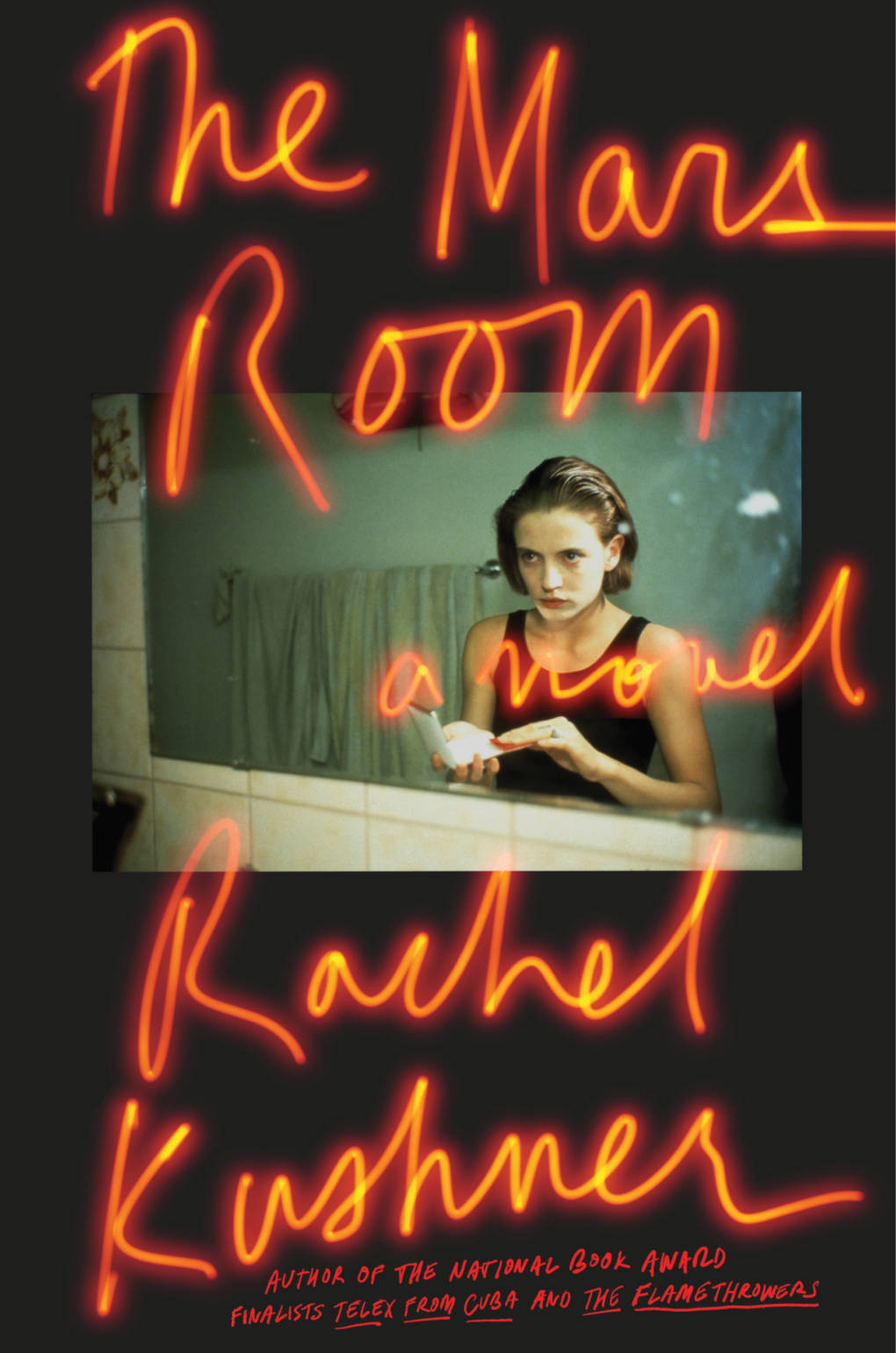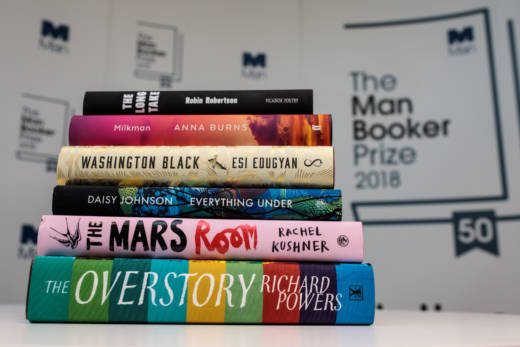A San Francisco-raised and Los Angeles-based writer is one of six authors — and one of only two Americans — to be a finalist for the Man Booker Prize, one of the most prestigious literary awards in the English language.
Rachel Kushner earned a spot on the shortlist for her novel, “The Mars Room,” about life inside a fictional women’s prison in California’s Central Valley, which is largely based on the real Central California Women’s Facility in Chowchilla.
“In this seemingly hopeless world, some of the prisoners learn to manage, even accept, their circumstances, and the reader’s interest in their lives is driven by a propulsive plot that keeps you turning the pages despite your anger at the many injustices they contain,” said Kwame Anthony Appiah, chair of the prize’s five-judge panel in a statement announcing the shortlist. “Kushner insists that we face the reality of what is being done in our names; and the energy and imagination of her craft enthrals on every page.”

Kushner grew up in San Francisco’s mostly working-class Inner Sunset neighborhood in the 1980s, an experience she also gave to her novel’s main character, Romy, who dances at a seedy San Francisco strip club called “The Mars Room.”
“I went to public schools and so did all my friends,” Kushner told The California Report Magazine host Sasha Khokha earlier this year. “I wasn’t aware that there was this other San Francisco happening right alongside but not at all contiguous with our San Francisco. I didn’t know any people who went to private schools until I went to college.”

Kushner told Khokha that writing about these places in “The Mars Room” was a way to “resuscitate or recast that lost world” of San Francisco.
“Writing into these spaces, like the old Pall Mall Bar on Haight Street, for instance, allowed me to remember things I hadn’t thought about in almost 40 years. … It was as if the process of writing conjured them into existence for me again,” she said.
“The Mars Room” is Kushner’s third novel. Her 2008 debut, “Telex from Cuba,” was a finalist for that year’s National Book Award, as was her 2013 book, “The Flamethrowers.”
Kushner — whose fiction has also appeared in the New Yorker, Harper’s, and the Paris Review — lives in Los Angeles, which also shows up in the novel, as Romy is stalked by an obsessed customer who follows her south from San Francisco.
“In certain ways, even though the novel definitely processes and deals with some dark material, it’s really about the complexity of the state — the long stretch between L.A. and San Francisco, and what’s there in the Central Valley,” Kushner told Khokha. “So for me it is a kind of love letter to California.”
The other finalists include:
- Anna Burns (UK), “Milkman”
- Esi Edugyan (Canada), “Washington Black”
- Daisy Johnson (UK), “Everything Under”
- Richard Powers (USA), “The Overstory”
- Robin Robertson (UK), “The Long Take”
Only writers from the United Kingdom and Commonwealth countries used to be eligible for the award, but starting in 2014, it was opened up to any book written in English and published in the United Kingdom. The first American writer to win the award was Paul Beatty in 2016 for his novel, “The Sellout,” and American George Saunders won last year’s award for his book, “Lincoln in the Bardo.”
This year’s winner will be announced on Oct. 16 in London’s Guildhall. That winner will receive £50,000 (around $65,000), and each of the finalists receive £2,500 (about $3,200) and a specially bound edition of their book.
